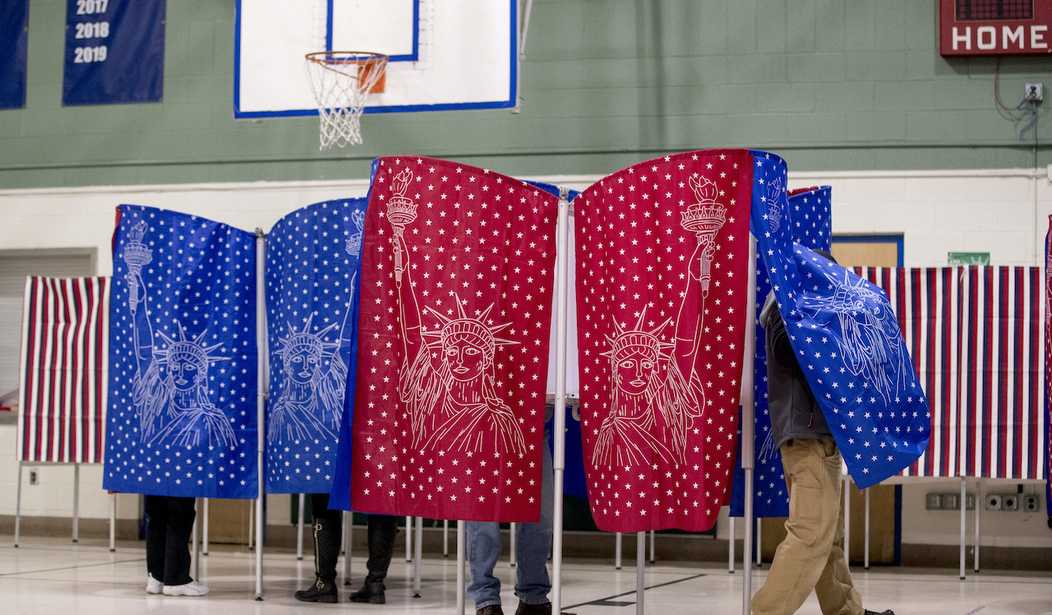The state of Georgia removed more than 300,000 voters from their registration rolls and the ACLU doesn’t think that should have happened.
The state removed the voters because they were “inactive” for two general elections and did not return a postcard asking them to update their information.
So the ACLU asked an investigative outfit to take a closer look. Palast Investigative Fund, a nonpartisan group that focuses on data journalism, hired several private-sector experts who found that about 200,000 of those removed from registration rolls still resided at their homes.
Were the voters “wrongfully” removed?
In December 2019, the Georgia Secretary of State said they had removed hundreds of thousands of registered voters it classified as “inactive” from its voting rolls as part of a state provision. Under the provision, the state must remove registration records from the voter rolls that have been deemed “inactive” for more than three years. A voter is categorized as “inactive” if they don’t vote in two general elections and have had no contact with board of elections in that time, according to Secretary of State Brad Raffensperger’s office.
But surely the state had to make an effort to allow these voters to update their records.
About 313,000 voters were removed from the list, or about 4% of all registered voters in the state, at that time. The “inactive” voters were marked for removal after failing to respond to a pre-addressed, postage paid confirmation card within 30 days; the card asked voters to confirm or update their information. A prior lawsuit over the 313,000 voters from Fair Fight Action ended up forcing the state to restore 22,000 of the voter registrations until December 2021.
“The real takeaway from this is the state of Georgia is using a methodology for maintaining its voter rolls that is both more expensive and less accurate than what industry would use to maintain a high-quality mailing list,” Young said.
We’re not talking about magazine subscriptions. And what else can the state do after potential voters refused to update their information after being given the opportunity?
Perhaps the ACLU wants the state to go door to door and contact those 200,000 voters. It could very well be that the voters don’t want to vote or are just not interested and can’t be bothered.
That sort of thinking is not permitted in America anymore. The next step is to make it illegal not to vote.
A previous court case sided with the state when a voters’ rights group challenged the removal of 120,000 names.
In response, the voting rights group Fair Fight Action filed a lawsuit seeking to nullify the removal of about 120,000 voters from the rolls. A federal judge in late December rejected its attempt, concluding that the challenge did not show the purges violated the U.S. Constitution, though the lawsuit did lead to the state reinstating about 22,000 voters on the rolls.
The Constitution gives states wide latitude to determine voter eligibility. While anyone over 18 can vote, rules governing registration are left up to state governments. The bottom line is that sloppy record-keeping makes it easier to commit voter fraud. Georgia is not “suppressing” the vote by trying to clean up their voter rolls. They are truing the vote and maintaining the integrity of their elections.










Join the conversation as a VIP Member